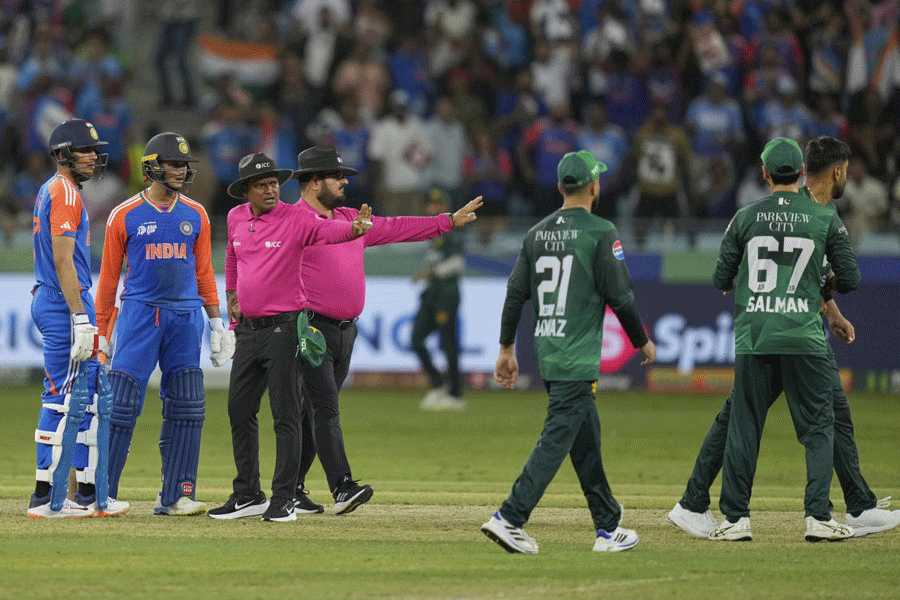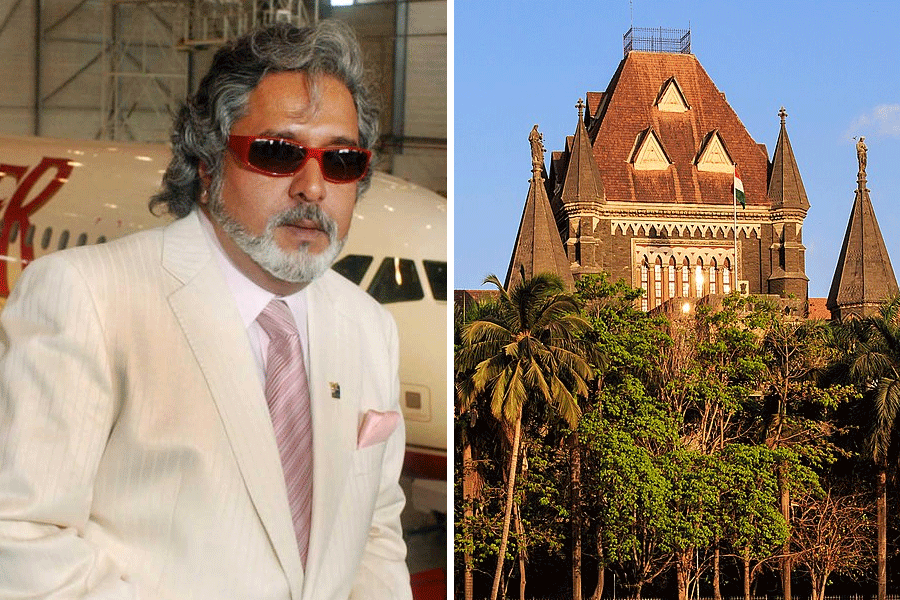This particular edition of the Asia Cup is likely to be remembered more for the antics off the pitch than on it. The cricket that was played, as is the wont in the Twenty20 format, was exhilarating in patches: the final between India and Pakistan, which was a pulsating affair, is a case in point. But India’s dominance over its rivals, especially Pakistan, robbed the tournament of the element of unpredictability that makes cricket in all its formats so riveting. What stole the show was a chain of unsavoury — bizarre — incidents during the matches featuring India and Pakistan. The Indian players refused to shake the hands of their opponents — a customary ritual in cricket — in protest against the terror attack in Pahalgam; a cricketer from Pakistan made a distasteful gesture, mimicking an aircraft crash — suggestive of India’s alleged losses of fighter planes during a recent conflict with its neighbour — only to have an Indian player reciprocate the gesture after dismissing the same cricketer in the final; the Indian team refused to accept the trophy and medals from Mohsin Naqvi, the chief of the Pakistan Cricket Board who also heads the Asian Cricket Council: astoundingly, Mr Naqvi then stomped off with the winners’ trophy. The Board of Control for Cricket in India has now decided to lodge an official complaint with the International Cricket Council regarding this.
That sport, especially cricket in the subcontinent, is, evoking the Orwellian adage, war minus the shooting cannot be denied. The rise of political nationalism has led to further toxicity on the cricketing field. The tragedy is that the commercial ecosystem — sponsors, broadcasters and so on — seeks to profit from such insalubrious conduct. And Indian cricket’s minders and the government have no problems — ethical or moral — in sharing the spoils — economic and political — while putting up a show of sanctimoniousness. The result is not only the fraying of ties among players but also the undermining of cricket’s ability to unite nations. It also leads to the reduction of the prestige of a competition to the level of farce. The winning team not being able to lay its hands on a coveted trophy on account of the latter being pocketed by a rival administrator must count as one example of such burlesque.










